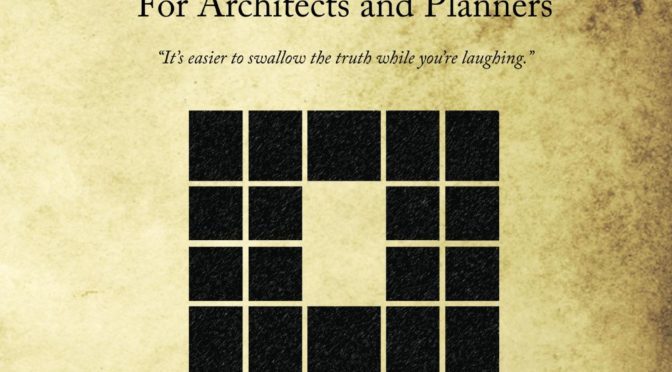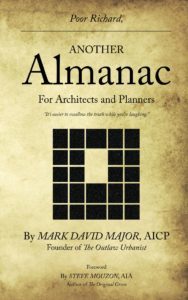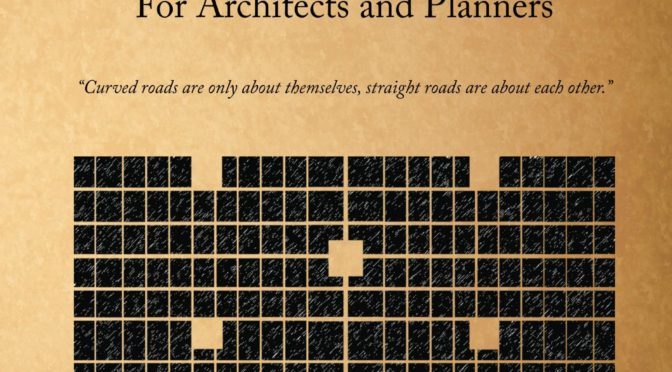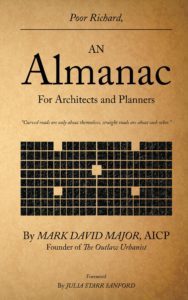10 Blogs We’re Reading… well, keeping an eye on…
by Dr. Mark David Major, AICP, CNU-A, The Outlaw Urbanist contributor
We say ‘reading’ but really it is ‘periodically checking in on’ because there is way too much content to keep up with everything on the web. We have over 30 newspapers and online journals from the United States and Europe alone bookmarked for daily review! The Outlaw Urbanist is backlogged over a year with interesting news articles we have saved for re-posting on the blog. We are only now (very slowly) beginning to diligently work our way through this backlog. In the meantime, we encourage you to visit these blogs (in no particular order).
1. Clusterfuck Nation by James Howard Kunstler
Now archived on www.kunstler.com but still worth a periodic visit. He is on Twitter but not much so you can follow @Jhkunstler.
2. The Original Green and StudioSky Blog by Steve Mouzon
Mouzon is on Twitter a lot but his feed ebs and flows, you can follow @stevemouzon.
3. The Power of the Network by Tim Stonor (Twitter: @Tim_Stonor)
4. The Pure Hands by Dr. Nick “Sheep” and Professor Ruth Dalton
You can follow Sheep on Twitter @sheepdalton and Ruth @Ruth_C_Dalton. He is on Twitter more often than her.
5. Tiny House Blog by Kent Griswold (Twitter @kentgriswold)
6. Failed Architecture by Michiel van Iersel et al out of Amsterdam (Twitter @FailedArch)
7. Spatial Disjunctures by David Jeevendrampillai
(UCL Research Student whose blog has gone quiet for over a year but we hope returns soon)
8. Urban Formation or Mapping Urban Form and Society by Dr. Laura Vaughan
Professor of Urban Form and Society at UCL, whose blog has also gone quiet for six months… we’re all very busy these days. Laura tends to be on Twitter more than most and she often actively engages in interesting discussions via her feed @urban_formation.
9. Moser Design Group by R. Eric Moser (Twitter @Moserdesign)
10. Urbanism Speakeasy by Andy Boenau
We’re not sure if this qualifies as a blog since it is a podcast series… perhaps an audio blog. Andy is a active participant on Twitter @Boenau.
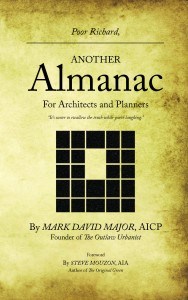 Purchase your copy of Poor Richard, Another Almanac for Architects and Planners (Volume 2) today!
Purchase your copy of Poor Richard, Another Almanac for Architects and Planners (Volume 2) today!
Available in print from Amazon, CreateSpace, and other online retailers.
Available on iBooks from the Apple iTunes Store and Kindle in the Kindle Store.



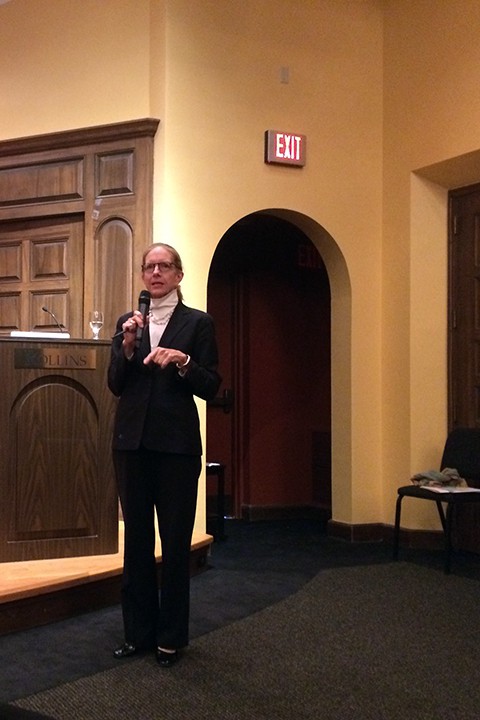


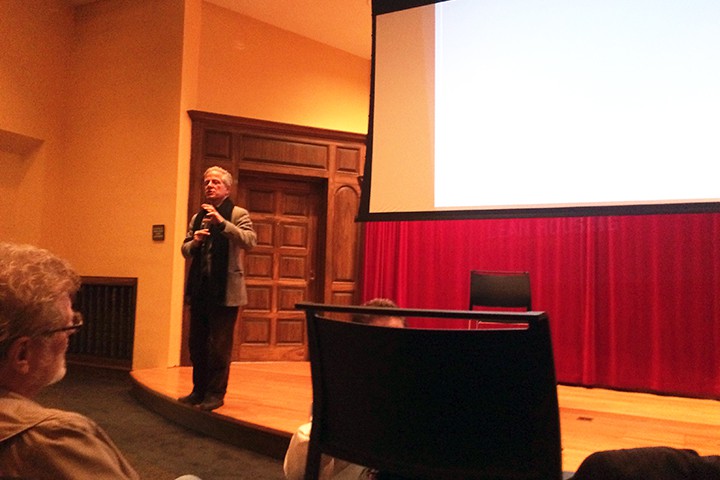

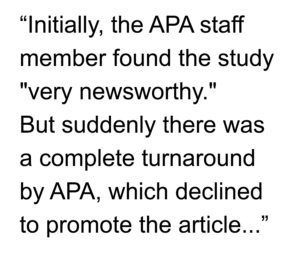 Flyvbjerg learned that “higher ups” in the organization feared
Flyvbjerg learned that “higher ups” in the organization feared  The comments section is just as interesting (a few selections are below):
The comments section is just as interesting (a few selections are below):